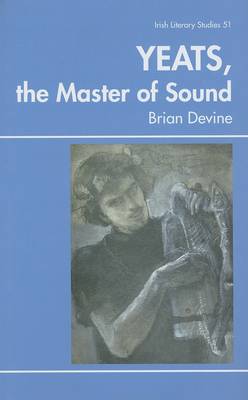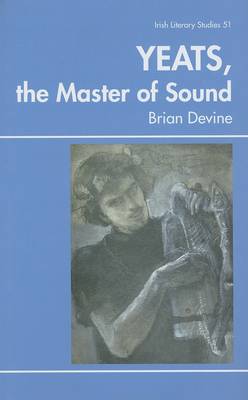
- Afhalen na 1 uur in een winkel met voorraad
- Gratis thuislevering in België vanaf € 30
- Ruim aanbod met 7 miljoen producten
- Afhalen na 1 uur in een winkel met voorraad
- Gratis thuislevering in België vanaf € 30
- Ruim aanbod met 7 miljoen producten
Zoeken
€ 169,45
+ 338 punten
Omschrijving
In 1922, James Stephens said: 'we shall talk like Irishmen, or we are done for - we shall think like Europeans, or we are done for.' In 1948, a later poet and critic, Robert Farren, recognised that Yeats had achieved at least one of those conditions when he said that he had 'brought the Irishman's voice - its inflections, cadences and idioms - into verse.' The Irish brogue has often been considered as merely an ornamental adjunct to speech without any realisation of its value to poetry written in Ireland. But since poetic forms are based on the usual speech patterns of a country - its everyday talk - then the crucial significance of the patterns of Irish speech to the rhythms of poetry should be identified and explained. Yeats, the Master of Sound is such a study. The author traces Irish speech rhythms back to Gaelic and, in this context, explains what Irish poets owe to their local accent - Heaney, in particular, has acknowledged such a debt.
Specificaties
Betrokkenen
- Auteur(s):
- Uitgeverij:
Inhoud
- Aantal bladzijden:
- 350
- Taal:
- Engels
- Reeks:
- Reeksnummer:
- nr. 51
Eigenschappen
- Productcode (EAN):
- 9780861404346
- Verschijningsdatum:
- 8/09/2006
- Uitvoering:
- Hardcover
- Formaat:
- Genaaid
- Afmetingen:
- 153 mm x 220 mm
- Gewicht:
- 566 g

Alleen bij Standaard Boekhandel
+ 338 punten op je klantenkaart van Standaard Boekhandel
Beoordelingen
We publiceren alleen reviews die voldoen aan de voorwaarden voor reviews. Bekijk onze voorwaarden voor reviews.











